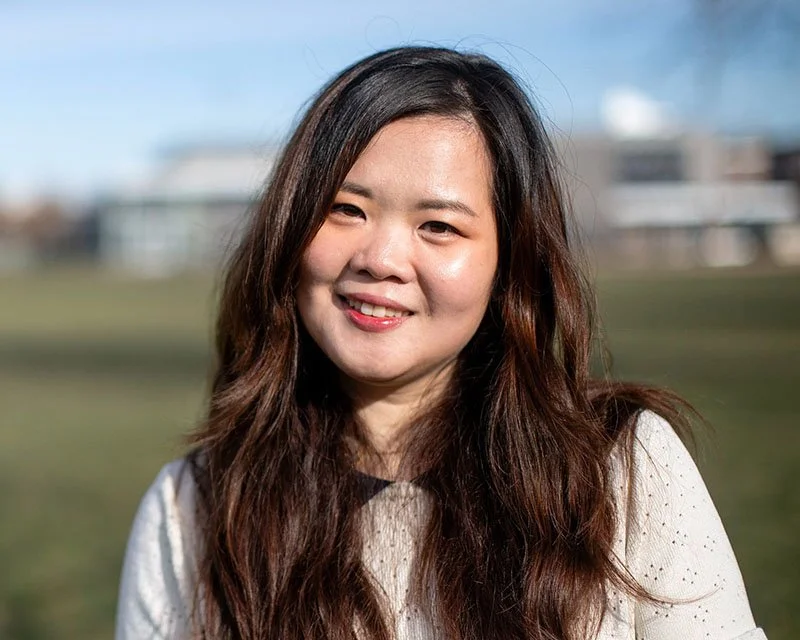Where’s the Joy? Managing emotions during Thanksgiving & Christmas
What to do When the Holidays Don’t Feel Joyful
The holidays are meant to feel warm and grateful, yet many people experience the opposite—anxiety, grief, or conflict. As a psychiatrist in Boston, I see patients who feel they should be happy, but instead feel drained or irritable. You might look around a lively dinner table and wonder why you still feel alone.
You’re not broken for feeling that way. The pressure to appear cheerful often collides with real-life stress, loss, and unresolved family tension. Research from the National Institutes of Health (NIH) and Harvard Health Publishing confirms that seasonal stress, financial strain, and unrealistic expectations can heighten anxiety and depression during the holidays. Knowing you’re not alone is the first step toward compassion—for yourself and others.
Holistic, Non-Prescription Ways to Feel More Grounded
Before turning to medication, support your body and mind in sustainable ways:
Sleep, nutrition, and hydration: Travel, alcohol, and late nights can all disrupt these essentials, which directly affect your emotional balance.
Movement: Even short walks after meals help regulate mood by lowering cortisol and increasing serotonin.
Mindfulness: A quick grounding reset—notice five things you see, four you touch, three you hear, two you smell, and one you taste—can return your focus to the present.
Boundaries: It’s okay to step away from triggering conversations or events. Emotional health often begins with permission to protect your peace.
How a Psychiatrist Can Help
If you’re feeling persistently low or anxious, professional support can help you identify underlying causes and find effective, individualized solutions.
Individual Therapy
Therapy offers a private space to process feelings, understand triggers, and develop coping strategies. Techniques such as CBT and mindfulness-based therapy have strong evidence for treating holiday stress (National Institute of Mental Health).
Family Therapy
Family therapy can clarify boundaries, improve communication, and reduce conflict—especially when gatherings resurface old dynamics. Learn more about my family psychiatry and parent support services.
Medication
When symptoms persist, medications can help restore biological balance. My approach emphasizes thoughtful, collaborative decision-making. Read more about personalized psychiatric care and how I combine therapy with medication management.
The Bottom Line
You don’t have to face the holidays alone. Whether you’re seeking holistic tools or professional psychiatric care in Massachusetts, help is available to guide you toward a calmer, more connected season.
